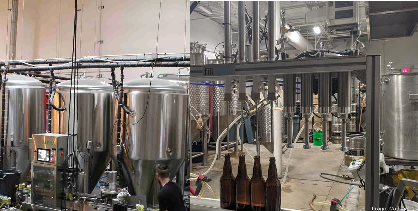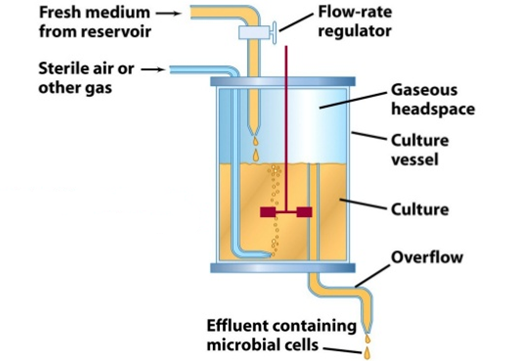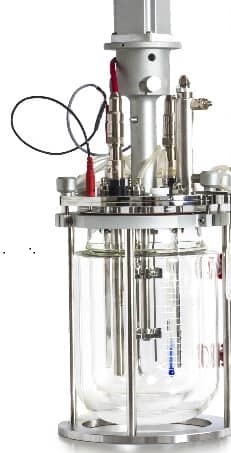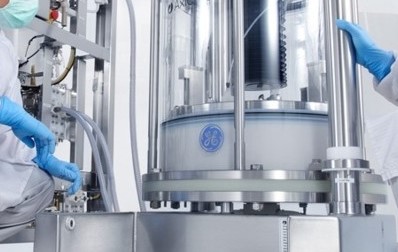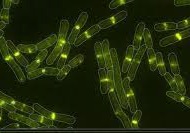THE MICROBIOLOGY OF BEER PRODUCTION
Beer is an alcoholic beverage that is produced industrially by the microbial fermentation of wort (sugary solutions obtained by the dissolution of malted cereal grains). The process by which wort is converted into alcohol by microbes such as yeasts is known as brewing. The art of beer production (i.e. brewing) is an ancient practice known […]
THE MICROBIOLOGY OF BEER PRODUCTION Read More »
Industrial Microbiology
